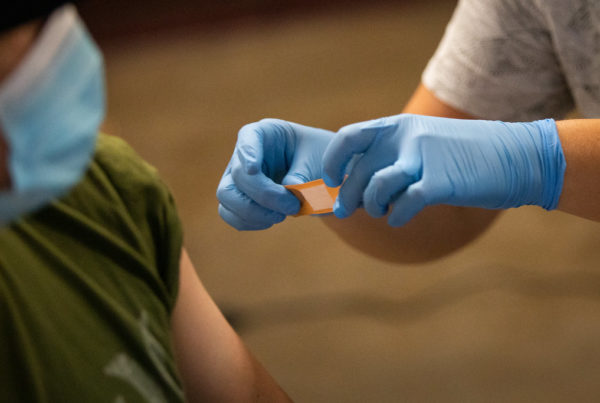When Texas lawmakers passed a new bill restricting abortion, it got immediate attention for not only how early it bans access – after about six weeks of pregnancy – but also how difficult it might be to sue to overturn the implementation of the law. But the U.S. Justice Department announced Thursday it is doing just that.
Sadie Gurman at The Wall Street Journal was the first to report on the coming suit. She told Texas Standard that the DOJ is moving forward with the lawsuit despite some legal uncertainty.
“There’s an interesting and novel provision in the Texas law that basically assigns enforcement to private parties as opposed to state or local officials. And it authorizes damages of $10,000 or more for anyone who successfully sues a defendant who would be a person performing or aiding in an abortion. So by putting enforcement powers in the hands of private citizens, the Texas law left opponents, including the federal government, without obvious people to sue,” Gurman said.
But, Gurman says, the Justice Department says there may be openings under the supremacy clause – which says federal law trumps state law – and the 14th Amendment – which is the basis for the Supreme Court’s recognition of abortion rights.
“Attorney General Garland said yesterday that the federal government has the authority and the responsibility to ensure that the state of Texas doesn’t deprive women of their right, you know, by giving private citizens the ability to step in and prevent women from getting abortions,” Gurman said.
Still, she says, “officials inside and outside of the administration have acknowledged that this is going to be an uphill battle.” Gurman says the DOJ is also looking at other tactics to fight Texas’ law.
“The attorney general over the weekend said that they would be ramping up prosecutions of a separate federal law known as the FACE Act, which makes it a crime to intimidate or injure people seeking abortions and abortion clinic employees,” Gurman said. “That law has been enforced sort of on a spotty basis. We really haven’t seen a lot of FACE prosecutions but the attorney general is signaling that is something that the Justice Department will put more of its muscle into. And we expect that Justice Department officials are also looking at civil rights law and other law that they can use, you know, to sort of push back on this effort in Texas as other states consider similar actions.”
Garland said the DOJ is especially concerned with other states following Texas’ lead.
“He said this is why the Justice Department is intervening, because this is sort of a blueprint… for other state laws,” Gurman said.















